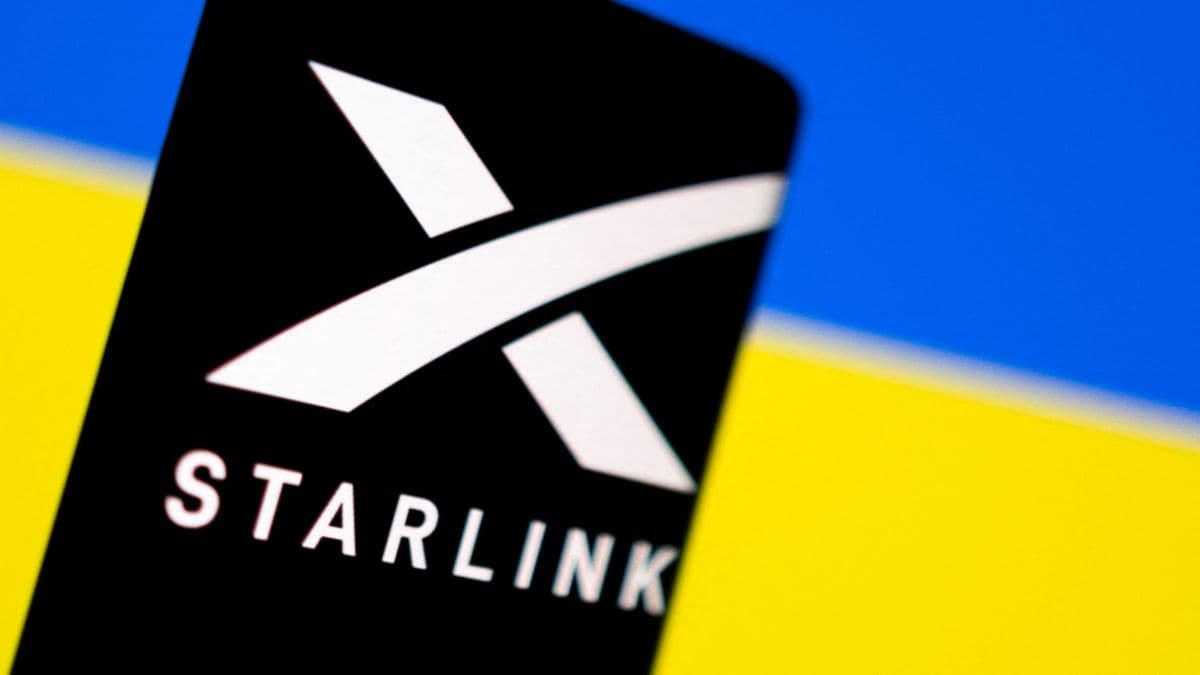

Elon Musk's Starlink has received authorization from the Indian National Space Promotion and Authorization Centre (IN-SPACe) to operate its Gen 1 constellation capacity over India. This clears the final regulatory hurdle for the company to begin offering satellite-based internet services in the country. The authorization is valid for five years, expiring on July 7, 2030.
IN-SPACe, which operates under the Department of Space, oversees space activities within India, especially those involving private companies. According to an official, Starlink received approval after completing the required procedures and passing all inspections. With this clearance, Starlink joins Eutelsat OneWeb and the Jio-SES joint venture as companies authorized to launch satellite internet services in India. Amazon's Kuiper is also seeking approval to enter the country.
The IN-SPACe authorization grants Starlink permission to use uplink frequencies in the 27.5-29.1 and 29.5-30 gigahertz (GHz) bands, as well as downlink beams in the 17.8-18.6 and 18.8-19.3 GHz bands. Individual users will connect in the 14.0-14.5 GHz and 10.7-12.7 GHz bands.
This approval follows a crucial license granted to Starlink in June by the Department of Telecommunications (DoT). The DoT issued Starlink a Global Mobile Personal Communications by Satellite (GMPCS) license, which is essential for providing voice and data services via satellite. GMPCS licenses are issued for 20 years and allow companies to offer satellite communication services in licensed service areas. Starlink had applied for the GMPCS license in 2022.
To begin commercial operations, Starlink must still secure spectrum allocation from the government, establish ground infrastructure, and demonstrate compliance with security regulations through testing and trials.
Starlink's Gen1 Constellation comprises 4,408 satellites orbiting Earth at altitudes between 540 and 570 km, providing a throughput of 600 gbps over India. Starlink currently has over 5 million subscribers worldwide and aims to expand its user base significantly as it launches services in India. The company's services are already available in several countries, including Mongolia, Japan, the Philippines, Malaysia, Indonesia, Jordan, Yemen, Azerbaijan, Sri Lanka, Bhutan, and Bangladesh.
Satellite communication is especially valuable in rural, mountainous, and disaster-prone areas where traditional fiber-optic cables are impractical or too expensive to deploy. The Indian government has considered using satellite internet in remote government offices.
Starlink had been attempting to enter the Indian market since 2021 but was instructed to stop services and refund customers after it began accepting orders without the necessary approvals.